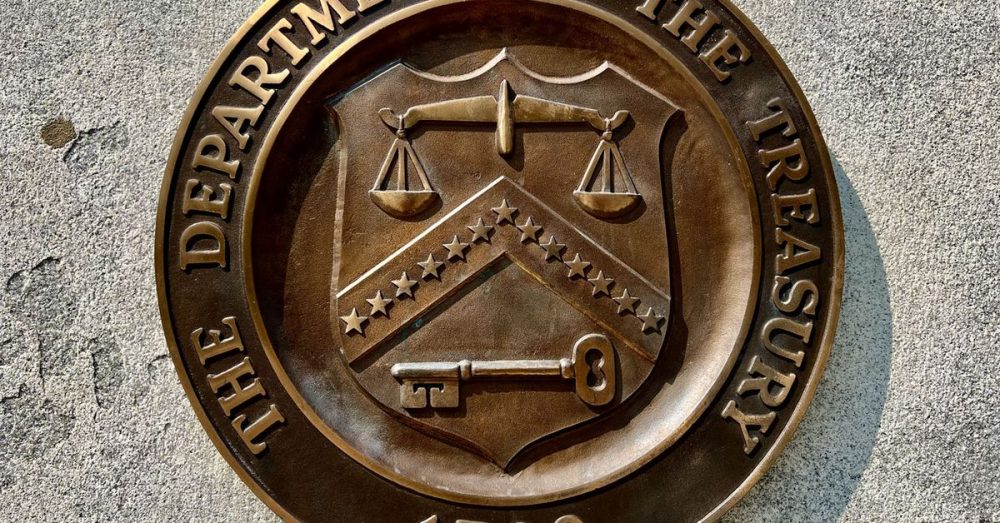The U.S. Treasury Department has been studying how it might keep retail transactions in a potential digital dollar as private and anonymous as possible, said Graham Steele, the assistant secretary for financial institutions, though he said the U.S. hasn’t yet decided whether to move forward on a central bank digital currency (CBDC).
“It is important that we consider the extent to which privacy and anonymity might be preserved and explore the technologies and methods available, including Privacy Enhancing Technologies (PETs), to enable such protections in the design of any potential retail CBDC,” Steele said Tuesday at the Transform Payments USA 2023 Conference in Texas. “Such technologies could play a crucial role in maintaining transactional privacy while also ensuring transparency and traceability.”
However, Steele also noted the possible risks of a retail CBDC, especially the danger of runs. He said the recent U.S. banking turmoil showed “the technology enabling the movement of deposits only getting faster,” which increases the hazard of high-speed, panic-driven movements of funds. A Treasury-led group examining the possibilities of a U.S. CBDC “is evaluating policy objectives related to global financial leadership, national security, and privacy, illicit finance and financial inclusion,” Steele said.
While Steele delivered those remarks, Treasury Secretary Janet Yellen testified Tuesday in the House Financial Services Committee, telling lawmakers that she’s still wary of regulatory gaps in the oversight of the spot market in non-securities digital assets and in stablecoins. She said the crypto sector needs “a comprehensive federal prudential framework, and we’ll be pleased to work with Congress to see if we can develop such a framework.”
Read More: Privacy Concerns Dominate CBDC Discussion at Consensus 2023





